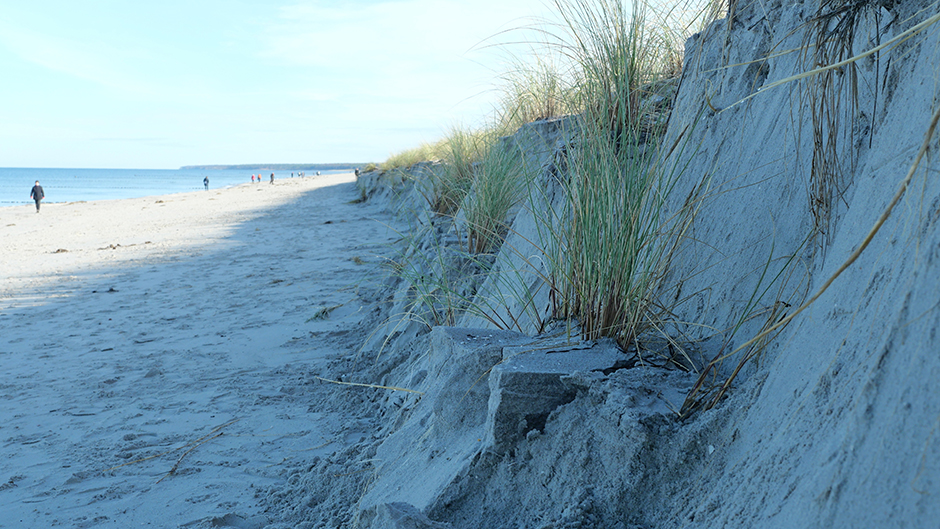Since infrastructure in South Florida is vulnerable to the consequences of climate change, including rising sea levels, voters are tasked with deciding if they are willing to invest public money in strategies designed to mitigate these issues.
In a recent study, Haoluan Wang, an assistant professor of sustainable economics in the Department of Geography & Sustainable Development at the University of Miami College of Arts and Sciences, explored how much South Florida voters know about these issues. He found that there was plenty of information from surveys on how much money residents are willing to pay for climate adaptation strategies—initiatives designed to help people adjust to climate change. However, he noticed that there was no research exploring whether people affected by climate change understand what these strategies are, which may impact their ability to meaningfully vote on these issues.
Working with the resiliency offices in Broward County, Miami-Dade County, and Palm Beach County, Wang developed and distributed a survey asking residents about their familiarity with seawalls, mangroves, marshes, and coastal dunes as means to prevent flooding.
“Even though most economic research claims to be policy-relevant, there is often a disconnection between researchers and policymakers,” Wang said. “Developing the survey in collaboration with the office of resiliency in each county was advantageous as it ensured the questions being asked were pertinent.”

So, are South Florida residents familiar with climate adaptation strategies?
Overall, yes, Wang found, but there are racial and educational disparities in the level of familiarity. Furthermore, the survey results showed that the more people perceive flooding as a risk, the more likely they are to be familiar with the strategies.
These findings have important implications for the resiliency offices as they can guide strategies to target marginalized populations in educational efforts. With greater access to information, these populations will be better informed on how climate adaptation strategies can affect them, influencing their ability to vote meaningfully.
The study, which was recently published in Natural Hazards, is the first in a series of studies Wang is working on with the support of a Provost’s Research Award he received in 2023. This internal funding initiative under the Office of the Vice Provost for Research & Scholarship is designed to foster research excellence at the University of Miami.
Aside from the important insight of the public offices with which he collaborated, Wang also attributed the success of his study to his undergraduate research assistants Charlotte Hoffman, Sophia Plancich and Filippo Bora.
“Their official title may be ‘undergraduate research assistant,’ but we function more as a team,” Wang said. “I encourage other professors to take advantage of the undergraduate talent we have in the College of Arts and Sciences and for students to be proactive in reaching out to professors they are interested in working with.”

